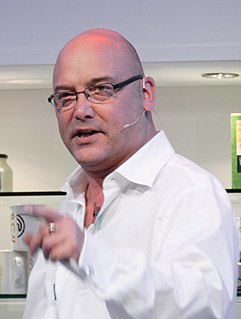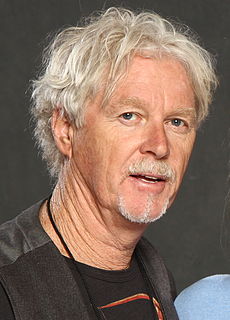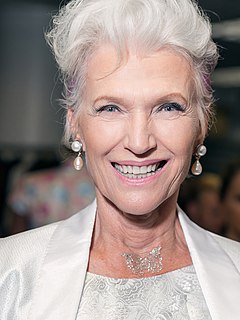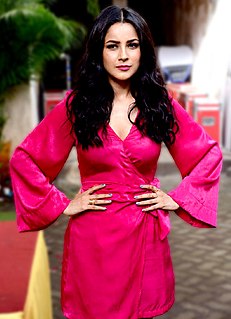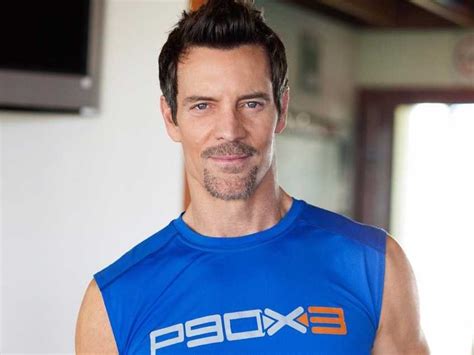A Quote by Gregg Wallace
If people ate local and seasonal food they'd eat far better and cheaper foods and it would help farming in this country. There are far too many imported vegetables.
Related Quotes
Previous generations used to eat locally out of necessity. Without options like flash-freezing and worldwide export services, communities had to rely on local farms for all of their meals. In many ways, this was beneficial. People ate fresh, seasonal foods that were naturally flavorful and nutritious, and farmers and communities prospered.
People like to blame Mexican food, but look at what's happening globally, look at all the fast foods and products filled with trans fat. Before the Mexican Revolution, a hundred years ago, people were eating what now macrobiotics tells us to eat, corn, black beans, rice. That's what people were eating - and chile peppers. That's a healthy diet. And also they ate a lot of vegetables.
If there's foods I don't like, like kale, it doesn't mean that I'm not efficient in my diet; it just means I can eat broccoli and other green vegetables. That's what people don't understand, is that as long as you're having a variety of foods in your diet, you don't have to have the food of the week that's everyone going crazy about.
We need to realize that these industrial methods of farming have gotten us used to cheap food. The corollary of cheap food is low wages. What we need to do in an era when the price of food is going up is pay better wages. A living wage is an absolutely integral part of a modern food system, because you can't expect people to eat properly and eat in a sustainable way if you pay them nothing. In fact, it's cheap food that subsidized the exploitation of American workers for a very long time, and that's always been an aim of cheap food.
